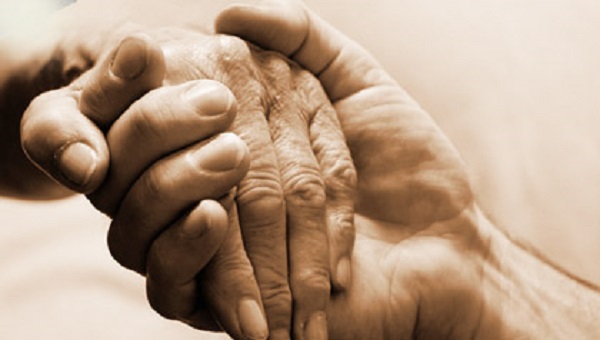According to a new study, one in three Dutch doctors would be willing to help someone with early dementia, mental illness, or who is ‘tired of living’ commit suicide. This statistic was revealed after researchers canvassed the views of 2500 randomly targeted family doctors and specialists in the fields of elderly care, cardiology, respiratory medicine, intensive care, neurology and internal medicine between October 2011 and June 2012.
In the study, doctors were asked if they had ever helped a patient with cancer, other physical disease, mental illness, early or advanced dementia, or someone without any severe physical ailments, but who was tired of living commit suicide. For doctors who answered no, they asked if they would even consider helping someone to die, and under what circumstances.
The Times of India shares the results of the study:
Among the 2269 eligible respondents, 1456 completed the survey a response rate of 64%. Around three out of four (77%) had been asked at least once for help to die, rising to more than nine out of 10 among general practitioners.
Most (86%) respondents said they would consider helping a patient to die; just 14% said they would not. Among the 60% of respondents who had actually helped a patient to die, almost half (28%) had done so within the past 12 months.
Attitudes to euthanasia and assisted suicide varied by condition: most would consider it for a patient with cancer (85%) or other physical disease (82%). But only around a third (34%) would consider it for someone who was mentally ill.
Four out of 10 would be prepared to help someone with early stage dementia to die, but only one in three would do this for someone with late stage dementia, even if that person had written an advance directive for euthanasia.
Click here to sign up for daily pro-life news alerts from LifeNews.com
Around one in four (27%) would be prepared to help someone tired of living to die if they had a severe medical condition. But fewer than one in five (18%) would do so in these circumstances if the person had no other medical grounds for suffering.
Only a few of the respondents (7%) had actually helped a patient who did not have cancer or another severe physical illness to die, whereas over half (56%) had helped a cancer patient to die, and around a third (31%) had assisted someone with another physical disease.
As LifeNews previously reported, in parts of Europe patients with non-terminal illnesses are dying with the help of physicians. For example, in Holland a 47-year-old woman with tinnitus, a persistent ringing in the ears, ended her life with the help of a ‘Life End’ clinic. The woman, Gaby Olthuis, was a brilliant clarinet player, but said she suffered ‘24-hour noise’ in her head, ‘like a train screeching or someone scratching their nails on a chalk board.’
To end her suffering, she was given a lethal potion to drink by one of the clinic’s doctors at her home. Shockingly, she left behind two teenagers, a boy of 13 and girl of 15. Her mother Joan explained: “Gaby told the children that she was planning to die, she was in pain and there was no cure for her. The euthanasia was agreed by doctors and she said her goodbyes and had time to organize her memorial service. She died a month later.”
So in other words, Gaby legally killed herself because of persistent ringing in her ears. Although we shouldn’t make light of her suffering, most people would agree that this is absolutely outrageous. Additionally, in 2013, 650 Babies under the assisted suicide law in the Netherlands.
In the National Review, Wesley J Smith, senior fellow at the Discovery Institute’s Center on Human Exceptionalism, commented on the assisted suicide law in the Netherlands. He called on those who support assisted dying to “stop pretending assisted suicide is about terminal illness and admit it is much more about disability–which is why the disability rights movement remains so opposed as they are the primary targets. It is about allowing killing as an acceptable answer to many causes of suffering, whether terminal or chronic disease, disability, mental illness, or existential despair.”








